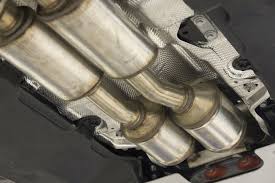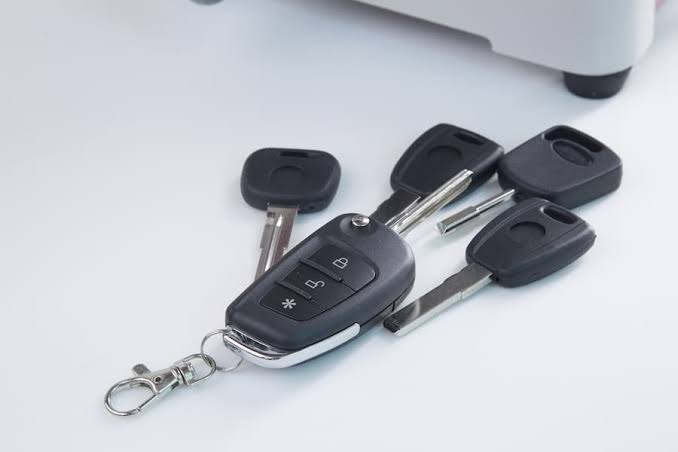Does Your Car Need a Catalytic Converter?

Yes, your car needs a catalytic converter if it was originally equipped with one. The catalytic converter is a critical emissions control device that reduces harmful pollutants in exhaust gases.
Why is a Catalytic Converter Important?
✔ Reduces Pollution – Converts toxic gases (carbon monoxide, hydrocarbons, and nitrogen oxides) into less harmful emissions.
✔ Required by Law – In most places, removing or tampering with a catalytic converter is illegal and can result in fines or a failed emissions test.
✔ Maintains Engine Performance – A properly functioning catalytic converter helps ensure efficient fuel combustion.
Can You Drive Without a Catalytic Converter?
Technically, a car can run without a catalytic converter, but you shouldn’t remove it because:
❌ Illegal in Most Places – Most states in the U.S. and other countries have laws requiring a catalytic converter.
❌ Check Engine Light – Removing it will trigger the Check Engine Light and may cause performance issues.
❌ Fails Emissions Tests – Your car won’t pass state inspections or smog tests without one.
❌ Louder Exhaust – Without a catalytic converter, your exhaust will be much louder, similar to a straight-pipe setup.
What if My Catalytic Converter is Missing or Stolen?
If your catalytic converter is missing or stolen, you should replace it as soon as possible. Here’s what to do:
✔ Check Local Laws – Some places allow temporary bypass pipes, but most require a replacement.
✔ Install an OEM or Aftermarket Converter – Aftermarket converters are usually cheaper but must meet emissions standards.
✔ Consider a Shield – If theft is a concern, install a catalytic converter shield or cage.
Final Thoughts
Your car needs a catalytic converter to comply with emissions laws, reduce pollution, and maintain proper engine function. If it’s missing, it’s best to replace it promptly to avoid legal and mechanical issues.
Also Check:
• Does Your Alternator Charge Your Battery?






2 Comments